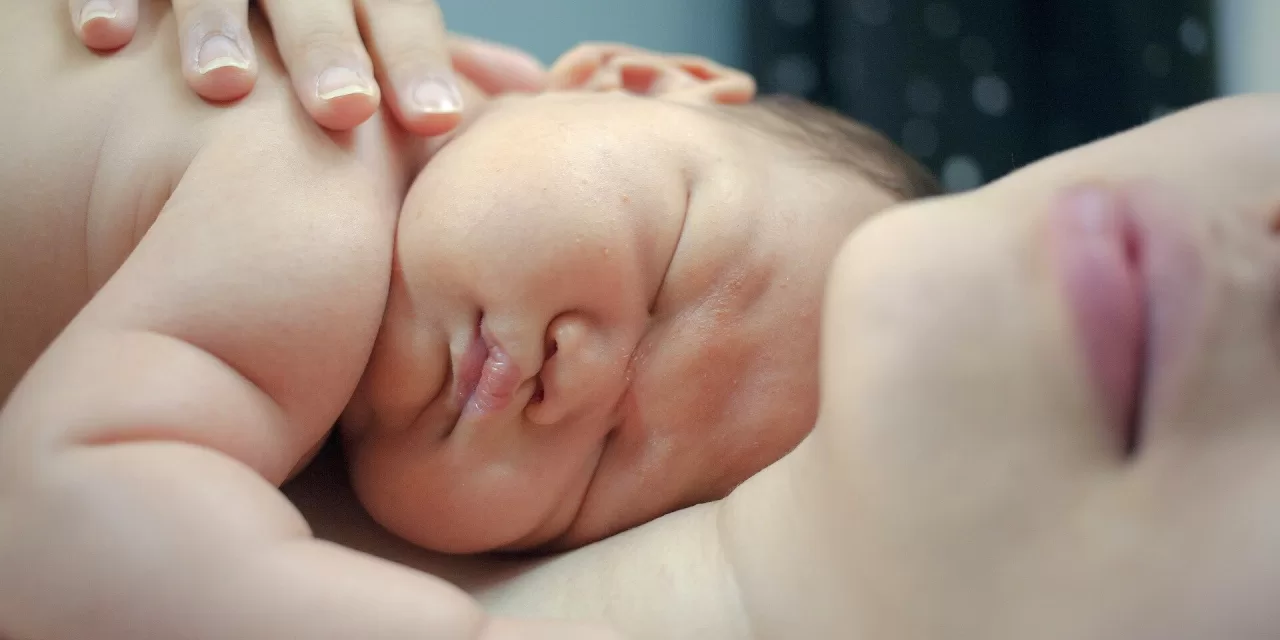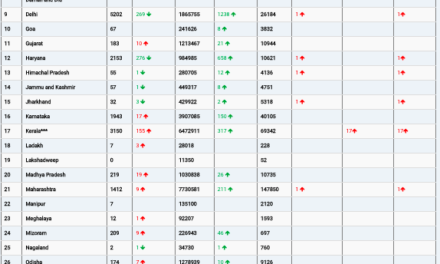October 27, 2024
In a groundbreaking clinical trial, scientists have found that feeding newborns delivered by caesarean section (c-section) a small amount of their mother’s fecal matter in milk significantly improves the composition of their gut microbiome. The study, which was presented last week at IDWeek—a premier infectious disease conference in Los Angeles, California—may represent a promising strategy to strengthen the immunity of babies born by c-section.
The study, led by Dr. Otto Helve, director of public health at the Finnish Institute for Health and Welfare in Helsinki, Finland, tested what researchers call the “poo milkshake” method. This trial is the first randomized controlled experiment examining the effectiveness of maternal fecal transplants in c-section babies and how they may counterbalance the lack of beneficial bacteria normally passed on during a vaginal birth.
Understanding the Microbiome Connection
Research has shown that c-section births are associated with a higher likelihood of immune-related issues such as asthma and gastrointestinal inflammation. Scientists attribute this to a lack of early exposure to beneficial microbes that babies would otherwise acquire from their mother’s vaginal and gut flora during natural delivery. This absence can render newborns more susceptible to infections, especially in a hospital environment.
Earlier studies have attempted to address this microbial gap by “vaginal seeding,” swabbing the baby with microbes from the mother’s birth canal. However, this technique has shown limited success, as the vaginal microbes struggle to colonize the infant gut, according to microbiome scientist Dr. Yan Shao from the Wellcome Sanger Institute in the UK. In contrast, maternal gut microbes—which differ significantly from vaginal bacteria—show stronger potential in establishing a beneficial bacterial community within the baby’s gut.
How the Trial Was Conducted
Dr. Helve’s team conducted the trial with pregnant women scheduled for a c-section at Helsinki University Hospital. The researchers collected 3.5 milligrams of each mother’s screened fecal matter, combined it with milk, and administered the mixture to 15 babies during their first feed. Another group of 16 babies received a placebo. Researchers then tracked the microbial diversity in the babies’ stool samples.
Findings showed that while both groups had similar microbial profiles at birth, significant differences emerged by the second day in babies who had received the maternal fecal transplant. This effect persisted until the babies reached six months of age, providing a promising indication of the intervention’s lasting impact.
Potential for Disease Prevention
Although the trial is ongoing, with babies set to be monitored until age two, initial results are consistent with a pilot study conducted by the same team in 2020. That earlier study also suggested that maternal fecal transplants help c-section babies develop microbiomes more similar to those of vaginally delivered infants. While these findings have fueled excitement, Shao points out that a direct comparison between treated c-section babies and vaginally born infants is necessary to confirm the extent of microbiome restoration.
The long-term hope is that this “poo milkshake” technique may ultimately reduce disease risks in children born by c-section. However, Dr. Helve advises caution, emphasizing that the method is still experimental. Screening for pathogens is essential to ensure safety, and out of 90 initial trial participants, 54 were excluded due to pathogen presence or other factors.
What Lies Ahead?
The research team is exploring how high-risk groups—such as children with a familial history of asthma or autoimmune conditions—might benefit most from this approach. According to Shao, future research should aim to isolate the specific maternal gut microbes that best support infant gut health. Such microbes could potentially be synthesized in labs for safer, standardized transplants without pathogen risks.
This novel approach could someday reshape how healthcare providers address the needs of c-section babies, offering a safe, controlled method to enhance their microbiome and support immune resilience from birth.
Source: Nature (DOI: 10.1038/d41586-024-03449-4)












